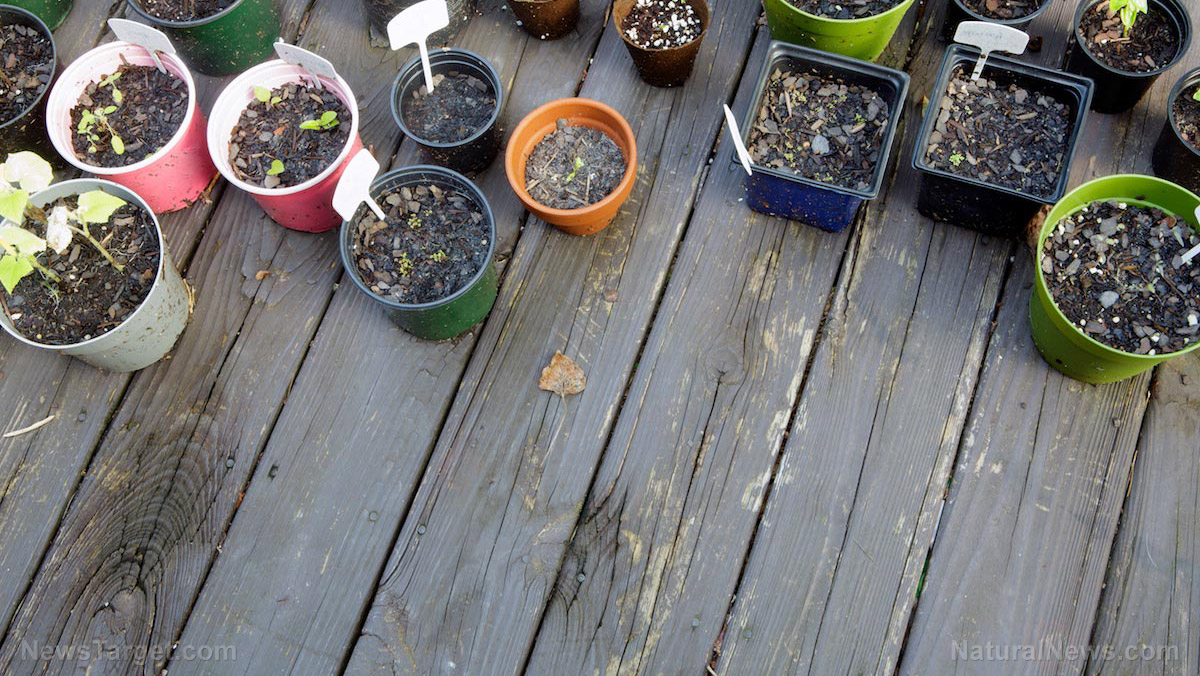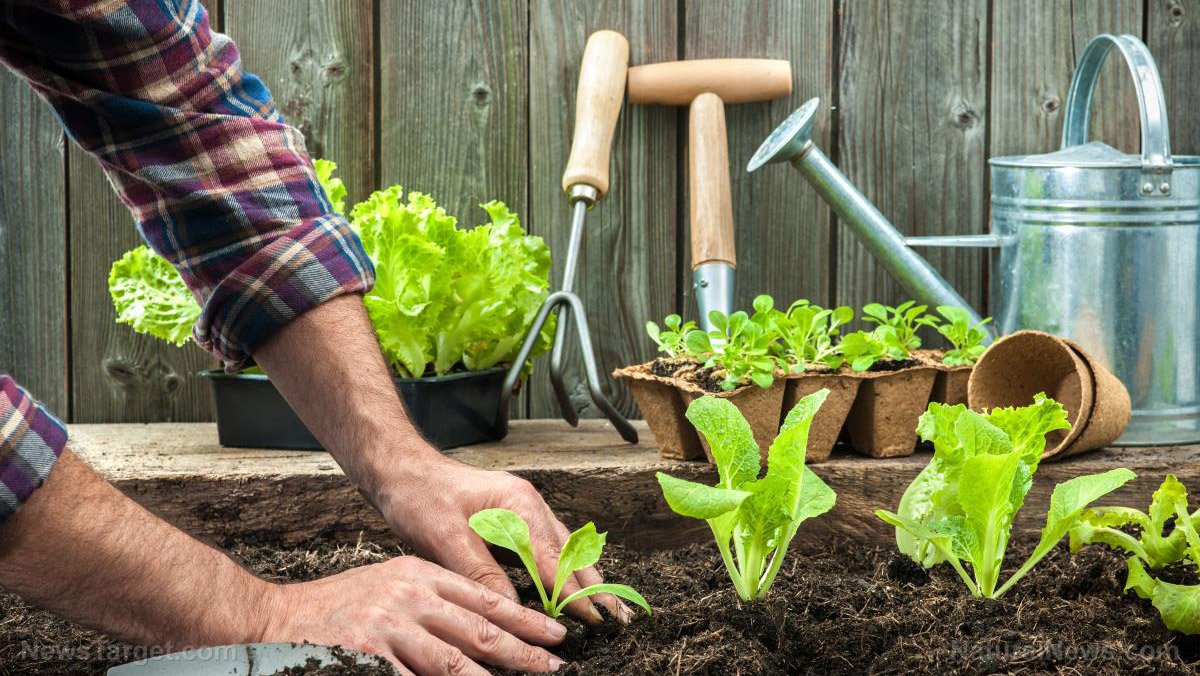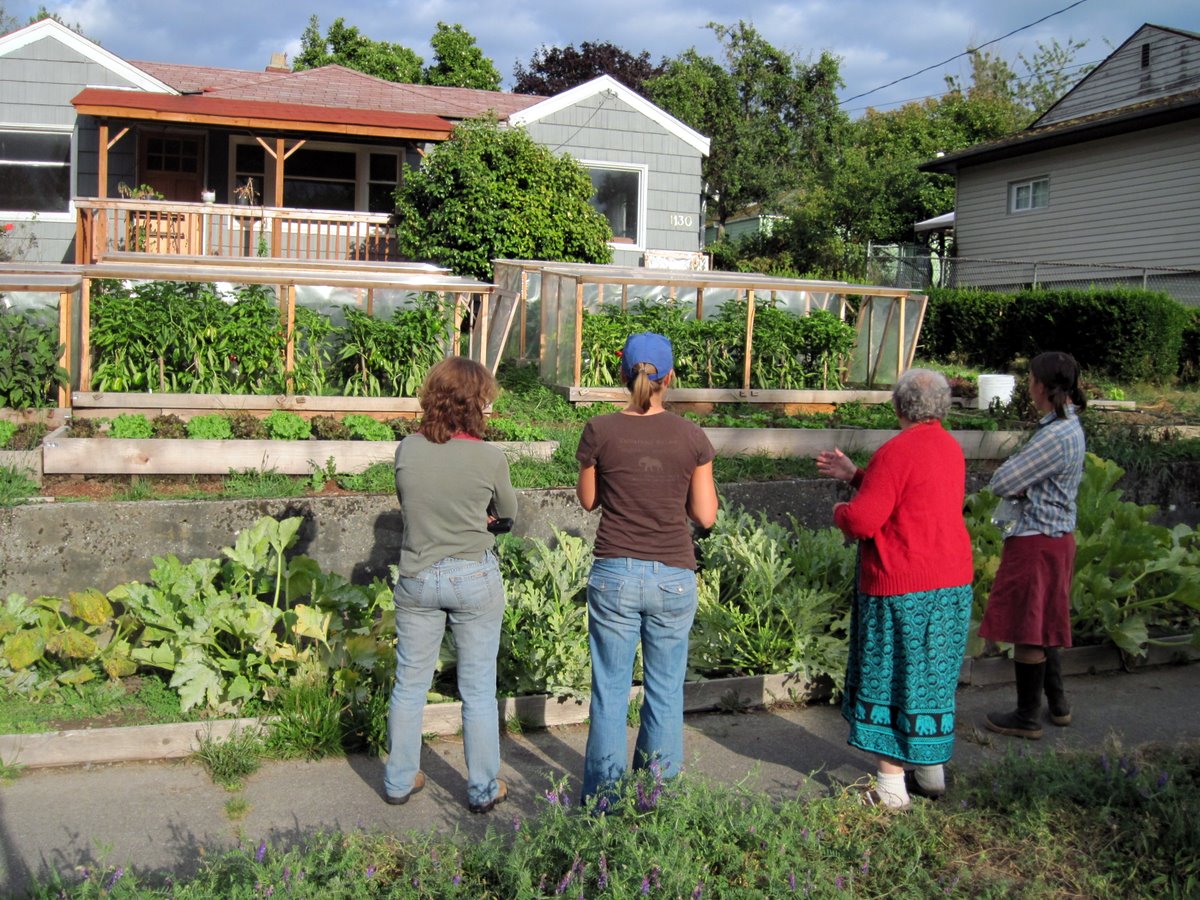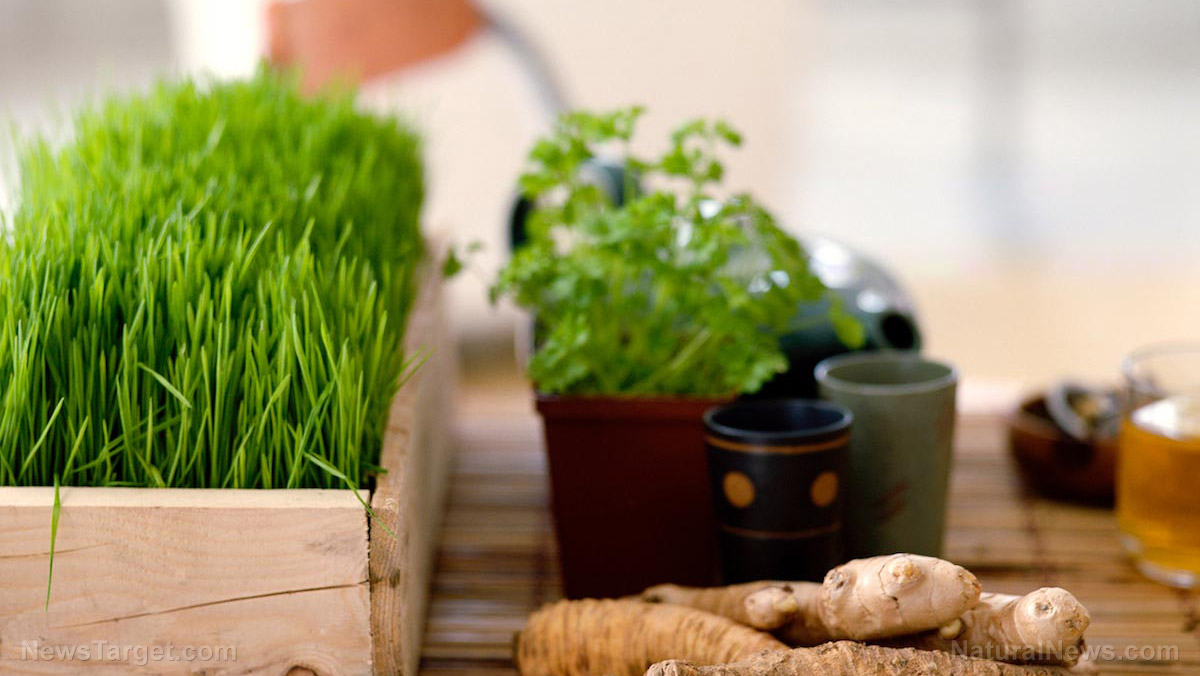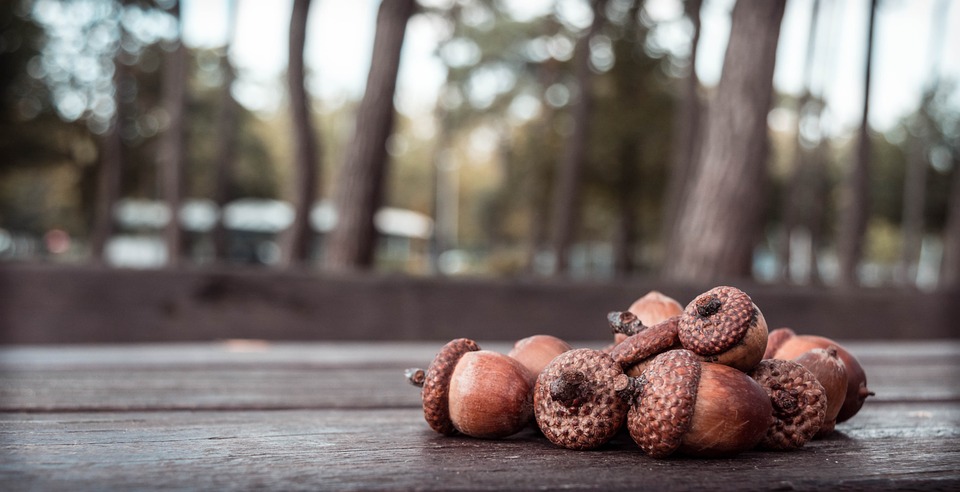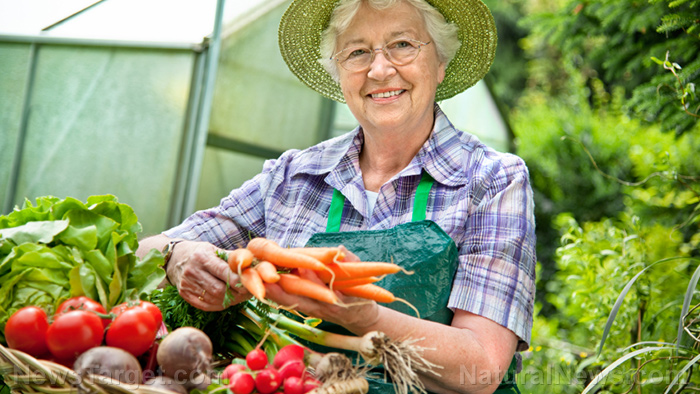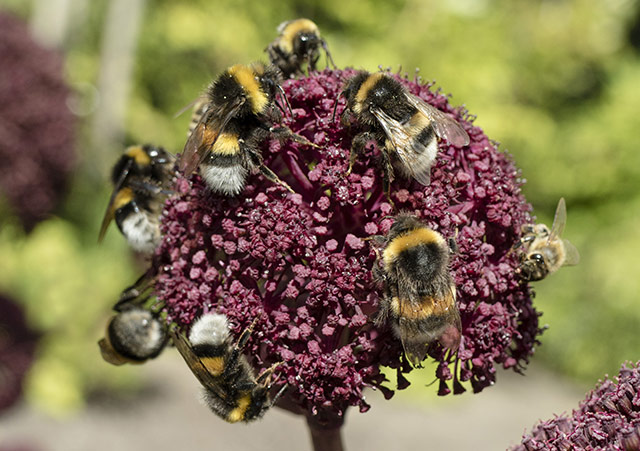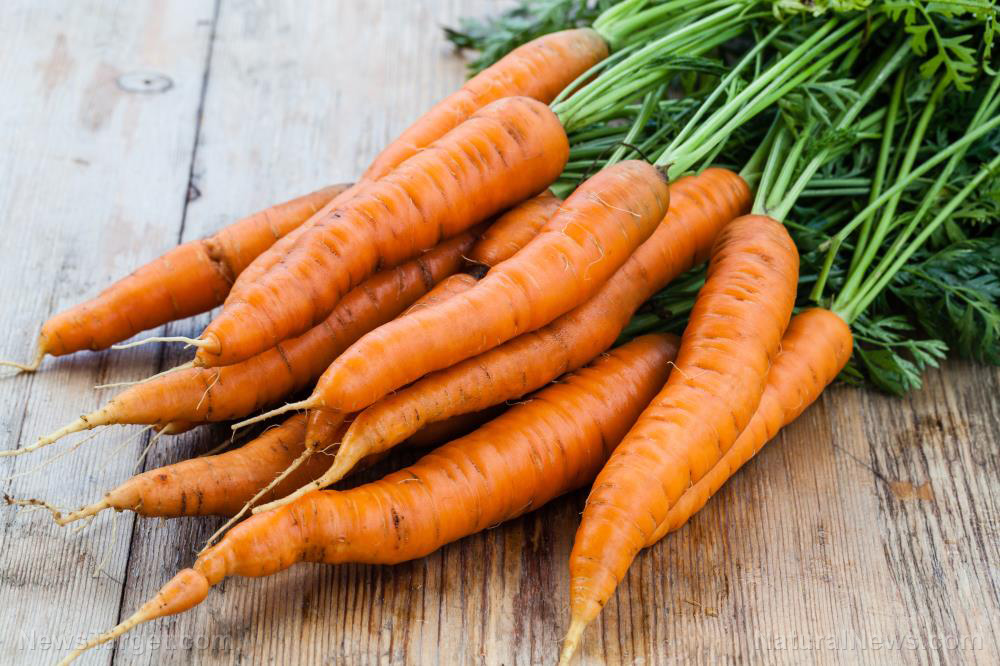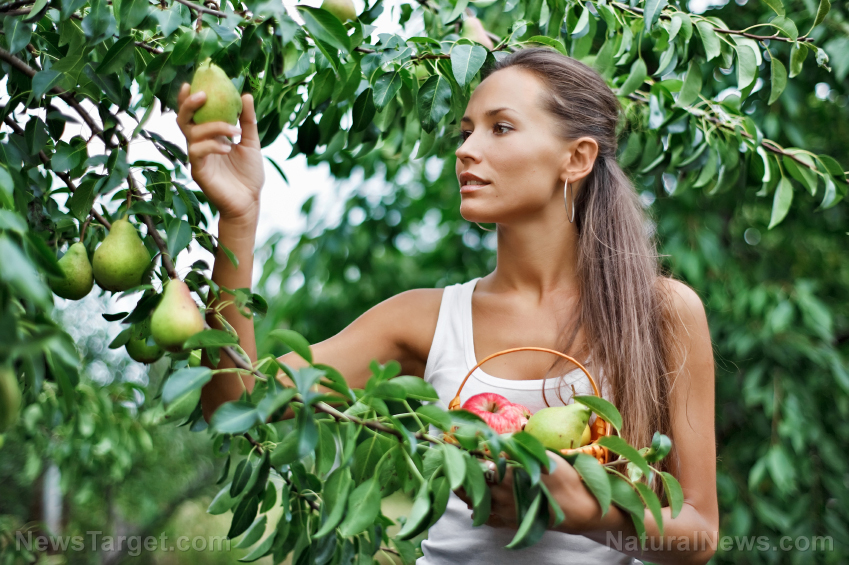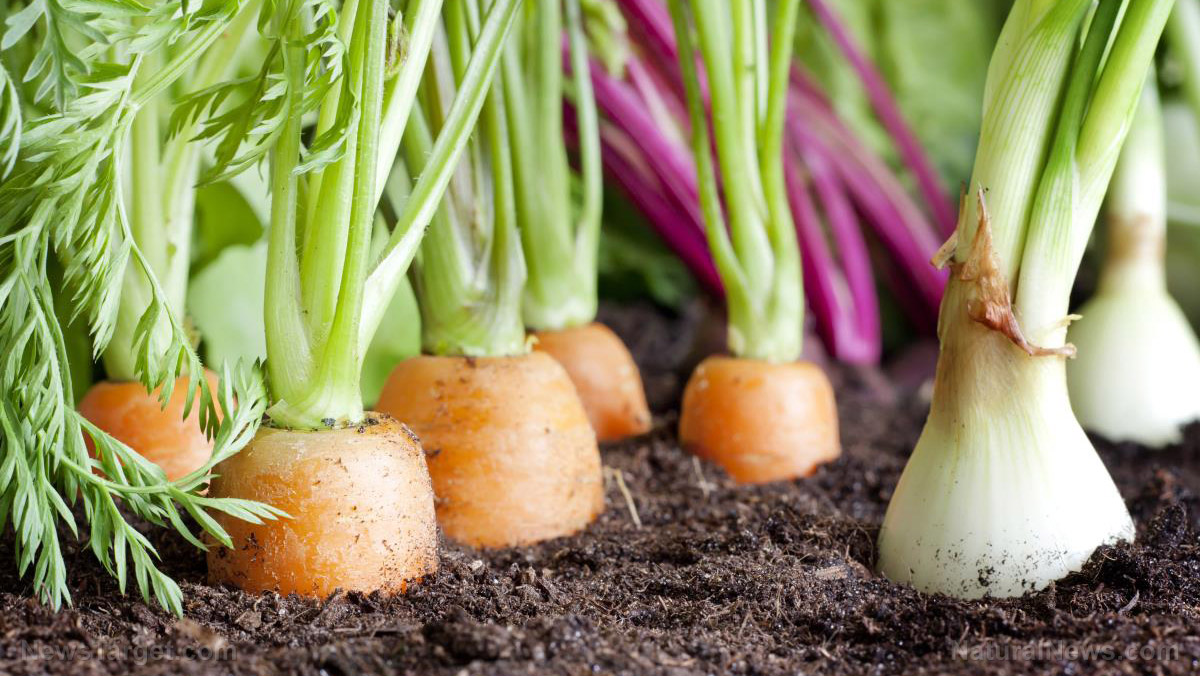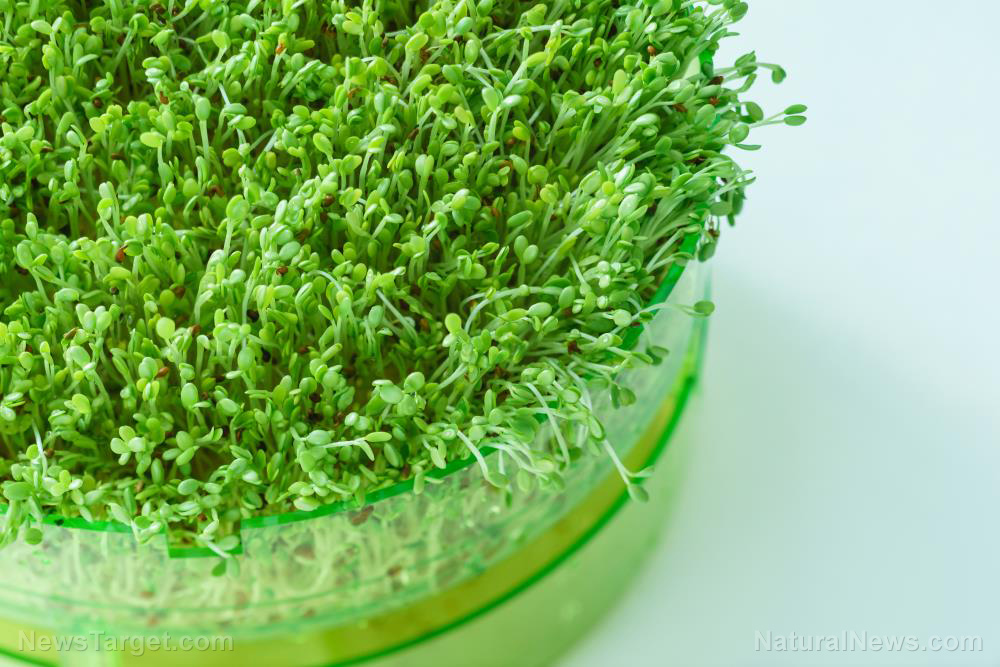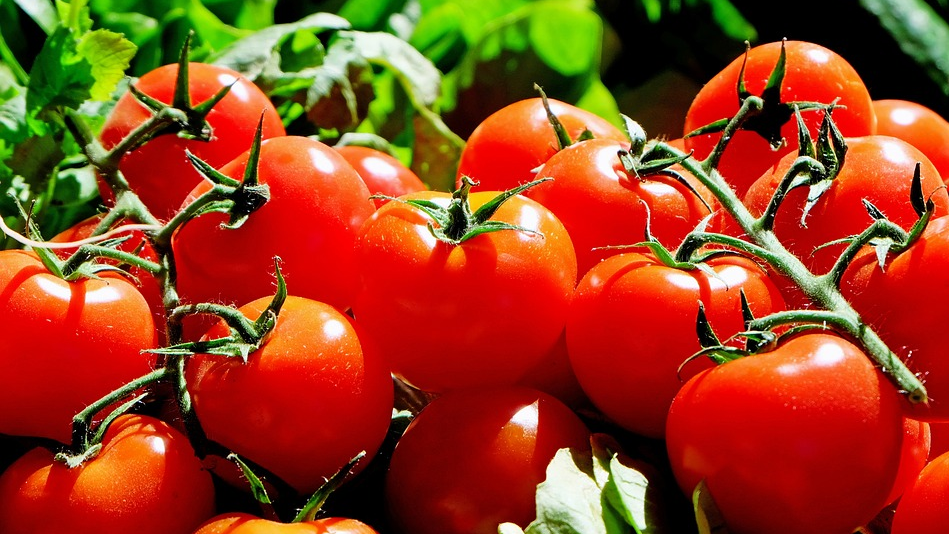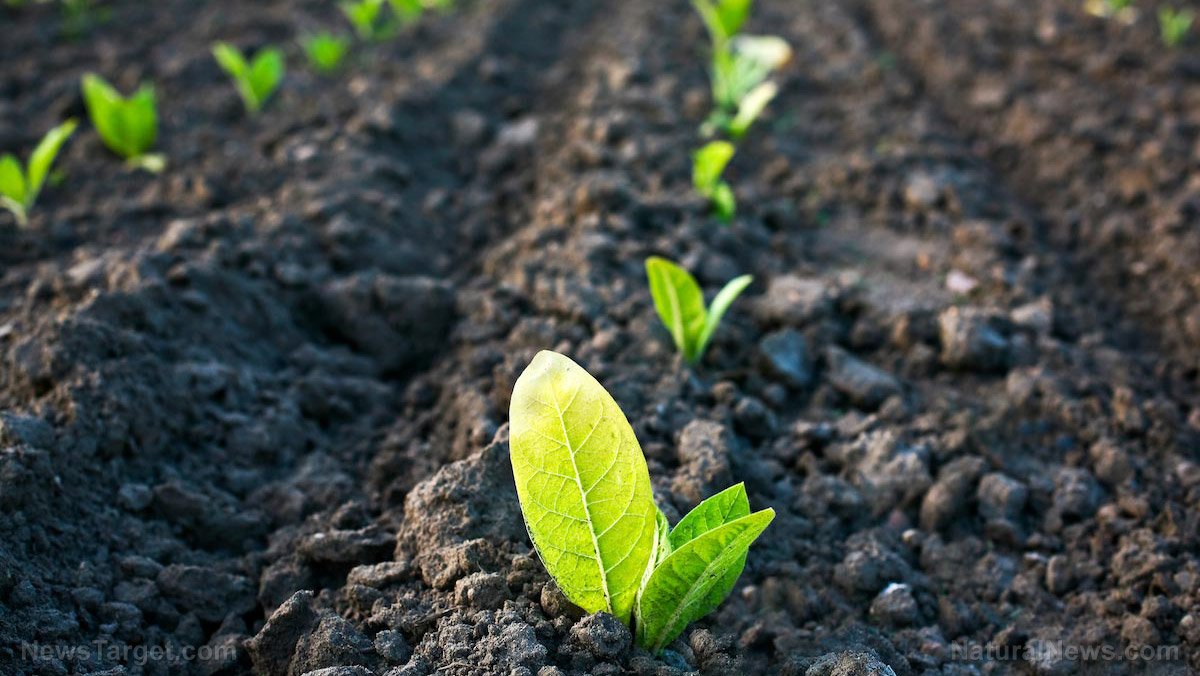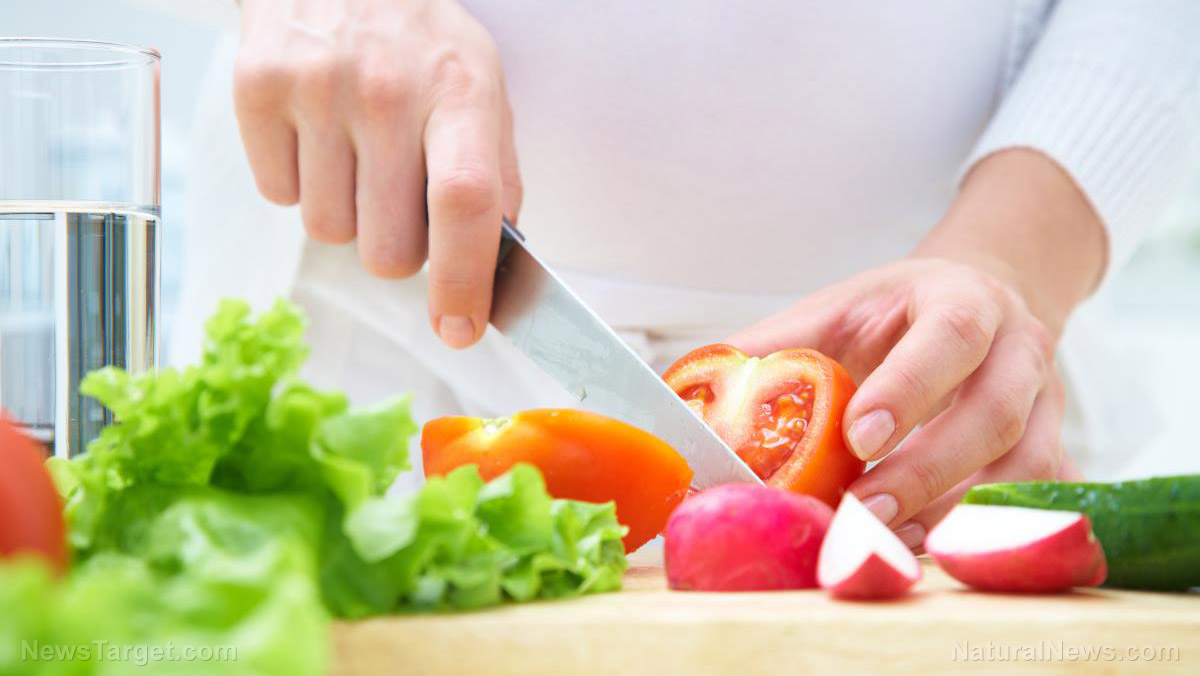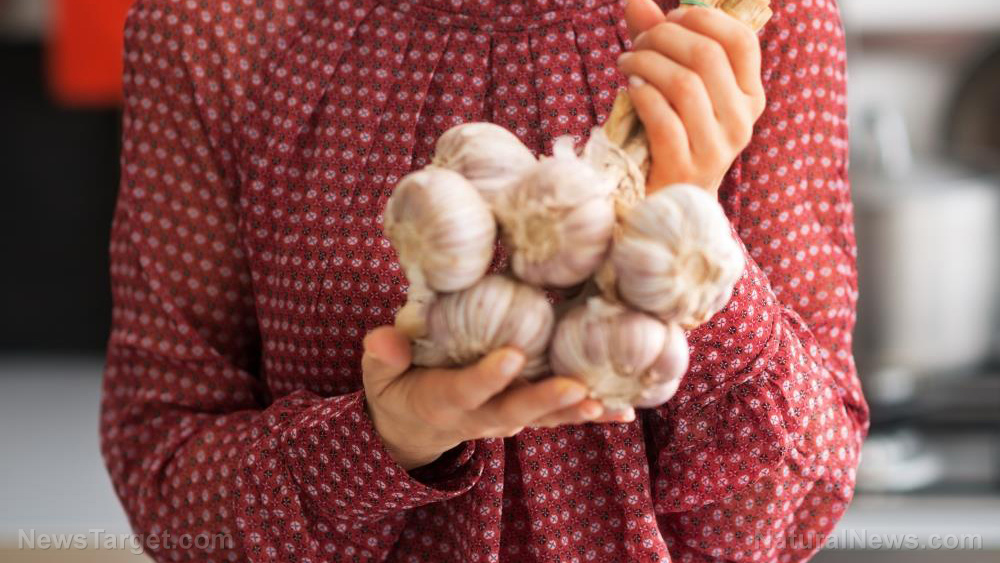No direct sunlight? No problem! Here are 15 vegetables you can grow in the shade
09/19/2019 / By Zoey Sky
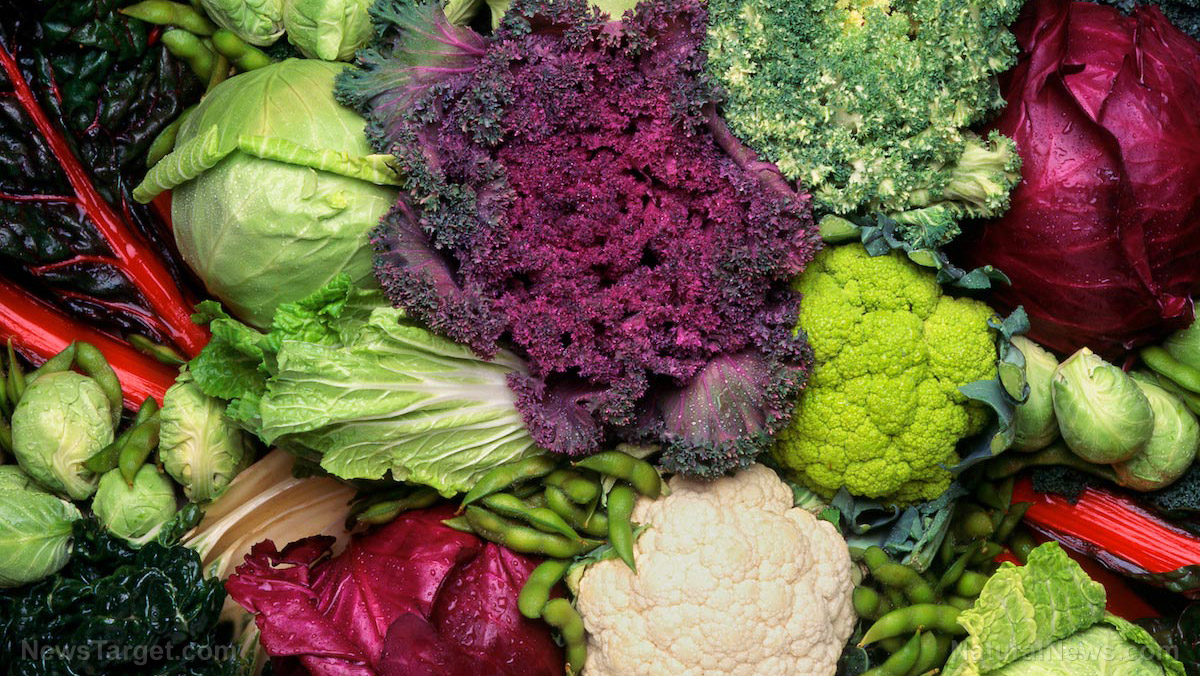
If you’re an aspiring gardener but your backyard receives little to no sunlight, don’t despair. By making small changes and doing your research, you can still grow fresh vegetables in a shade garden. (h/t to FoodStorageMoms.com)
What is a shade garden?
If you have a shade garden, you can grow vegetables that will thrive even without full sunlight. These vegetables need at least three to six hours of sun, or at least fairly constant dappled shade, every day.
You can also set up a shade garden if you want to maximize your land. Set up sun-loving crops like corn and tomatoes in one area and the vegetables below in shaded areas in your backyard.
Cauliflower
Cauliflower will grow in either partial shade or with very little sunshine. Cauliflower prefers cooler weather, so plant it in areas with limited sunshine.
Asparagus
Asparagus needs some sunshine, but it can still grow in partial shade in your home garden.
Spinach
To grow spinach, sprinkle the seeds in an area with partial shade or very little sunshine. This leafy green also prefers cool weather.
Cut spinach leaves to keep them growing back. Make sure you plant the seeds early so you can pick spinach leaves throughout the summer.
Garlic
As a root vegetable, garlic thrives in partial sunshine. You can also plant garlic in raised garden beds or pots.
Basil
If you don’t want basil to take over your yard, plant it in a container. Basil thrives in the shade and it doesn’t require sunshine all day long.
Lettuce
Lettuce grows well in cool weather. When growing your own lettuce, use a good pair of scissors to cut the leaves off for salads.
Beets
Beets are root vegetables that can grow with very little sunshine. They’re fairly easy to plant, grow, and harvest. Plant beets in a deep container if you don’t have a lot of space.
Shade can impact the size of beetroots, but beets grown in a shaded garden can still produce delicious and nutritious greens.
Peas
Peas will thrive in partial shade. Grow peas in containers with trellises and harvest them before the weather gets too hot.
Broccoli
As a cool-season vegetable, broccoli grows very well even in partial sun.
Cabbage
Cabbage prefers cooler weather. Grow it in partial shade and harvest it in the summer.
Ideally, cabbage is planted in the fall, but you can also grow it in spring as long as you harvest it before the weather gets too hot.
Radishes
Radishes are root plants that can grow even in areas that receive less sunlight. Grow radishes in the ground, in pots, or raised garden beds.
Carrots
Carrots can also grow in the ground or in pots even with partial shade. (Related: Making and cultivating a garden on your own – no more grocery shopping, ever.)
Kale
Kale can be grown in the shade because it prefers cooler weather. This leafy green can also tolerate light frosts.
Kale is full of vitamins and minerals that are good for your overall health. Blend nutrient-rich green smoothies with kale or make healthy kale chips.
Chives
Chives thrive in shady locations. Cook with freshly picked chives, or dehydrate them for later use.
Potatoes
Grow Gold Yukon potatoes in pots that are at least 20 inches tall and 18 inches in diameter. These roots thrive in partial shade and they’re easy to grow.
Set up a shade garden in your homestead to maximize your food crops. If you live in a small apartment, you can also start a shade garden by keeping pots on your balcony.
Sources include:
Tagged Under: asparagus, basil, beets, broccoli, cabbage, carrots, cauliflower, chives, clean food, crops, food garden, food independence, food supply, fresh produce, fresh vegetables, gardening, gardening tips, garlic, green living, harvest, home gardening, homesteading, how-to, kale, lettuce, nutrients, off grid, Off-the-grid living, organics, peas, potatoes, preparedness, prepper, prepping, radishes, root vegetables, self sufficiency, self-reliance, self-sustainability, shade garden, shade gardening, spinach, sunlight, survival, sustainable living, urban gardening, veggie, Veggies
RECENT NEWS & ARTICLES
COPYRIGHT © 2017 HOME GARDENING NEWS com

